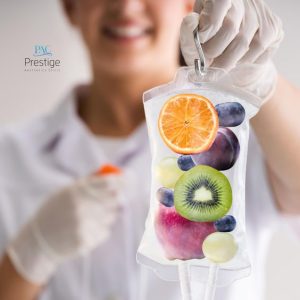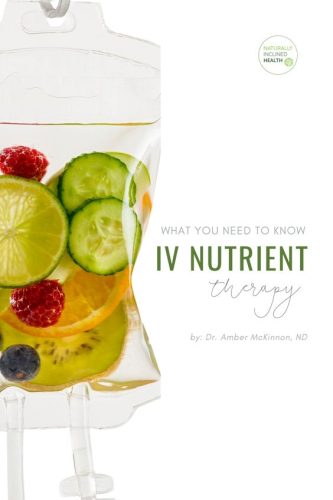If you’re contemplating Vitamin IV Therapy but are uncertain about its safety and suitability for you, it’s crucial to weigh the pros and cons before making an informed decision. We’ve compiled insights into the most common advantages and drawbacks of Vitamin IV Therapy for you to review and consider.
Introduction to Vitamin IV Therapy
Vitamin Intravenous (IV) therapy, also known as intravenous nutritional therapy or IV infusion therapy, is a treatment widely used for various health benefits, including age management, immune system enhancement, disease prevention, and detoxification. Many individuals turn to IV therapy for rapid hydration after significant sports events, alleviating hangover symptoms, and revitalizing the skin.

While various formulations are available, almost all IV nutrition bags consist of a unique blend of potent vitamins, minerals, or other nutrients. These solutions are administered directly into the bloodstream by trained medical professionals, offering quicker and more effective results compared to oral intake. Clinical pharmacist Dena Westphalen emphasizes that IV vitamin drips provide the body with a higher concentration of vitamins (90% absorption) compared to oral ingestion, which is limited to 50% absorption due to breakdown in the stomach and digestive tract.
The infusion process typically takes 20 minutes to an hour and should always be administered and monitored by licensed healthcare professionals.
Pros of Vitamin IV Therapy
- Rapid Absorption: Vitamin IV therapy allows for the swift absorption of nutrients, with a higher percentage (90%) being absorbed directly into the bloodstream. This potential for faster results offers patients a convenient and efficient experience without significant time investment.
- Energy Booster: Many patients turn to IV therapy to help reverse fatigue and symptoms of slowed metabolism. Some IV formulations, like Olympia Pharmacy’s Get-Up-And-Go IV Kit, are specifically designed for this purpose. IV therapy contains components such as B-complex vitamins and essential amino acids, aiding in jumpstarting metabolism and providing a feeling of increased energy throughout the day.
- Anti-aging Combatant: While responses to aging vary, IV therapy is considered by doctors as a rapid and effective treatment. Direct entry into the bloodstream within seconds is believed to be beneficial for addressing aging signs, complementing other anti-aging options such as creams or dermal fillers.
- Immune System Enhancer: Amid regular challenges to our immune system, IV therapy can be a vital tool to maintain resilience. Ensuring our bodies are robust and resilient is crucial to resisting threats to our health.
- Recovery and Performance Enhancement: IV nutrition therapy can expedite recovery after injuries or workouts, enhancing muscle recovery and reducing inflammation. Components like vitamin C, amino acids, and other essential nutrients can contribute to a faster recovery process.
- Allergy and Inflammation Reduction: Some IV therapies are designed to combat allergies and chronic pain, potentially providing benefits such as stress reduction, pain relief, headache alleviation, increased resistance to allergens, and immune system enhancement.
Cons of Vitamin IV Therapy
- High Cost: Depending on the medical office and the type of IV treatment used, therapy costs may vary. Many common infusions range between $100 and $200 per session. While IV therapy offers immediate nutrient release, alternative methods like oral intake might be more cost-effective yet still highly efficient.
- Potential Vitamin or Mineral Overdose: Like many aspects of life, balance is key. There’s a risk of health complications related to vitamin or mineral overdose if administered improperly or excessively. Overdosing on specific vitamins or minerals can pose risks, especially for individuals with kidney or cardiovascular issues.
- Infection Risk: Anytime intravenous injections are administered, there’s a potential risk of infection. Despite infections being rare in IV therapy, it’s crucial to have licensed professionals administer infusions while monitoring the process.
Conclusion
Before embarking on Vitamin IV Therapy, it’s essential to consider the significant pros and cons. Research thoroughly and consult with your doctor to determine whether IV therapy is suitable for you. They can provide insights into potential nutrient deficiencies that might be remedied through this form of treatment and assess whether you’re at risk of adverse reactions. Importantly, ensure that any medical office or IV infusion facility you choose is staffed by licensed professionals, guaranteeing a secure and effective management solution.

